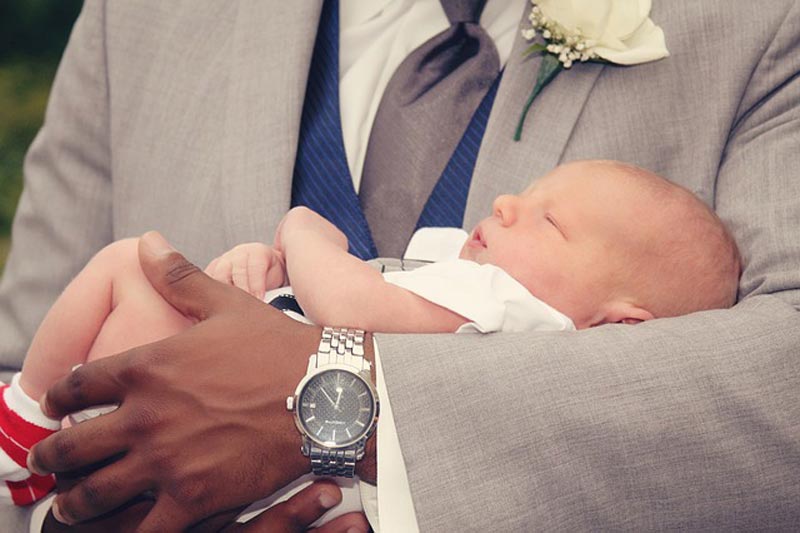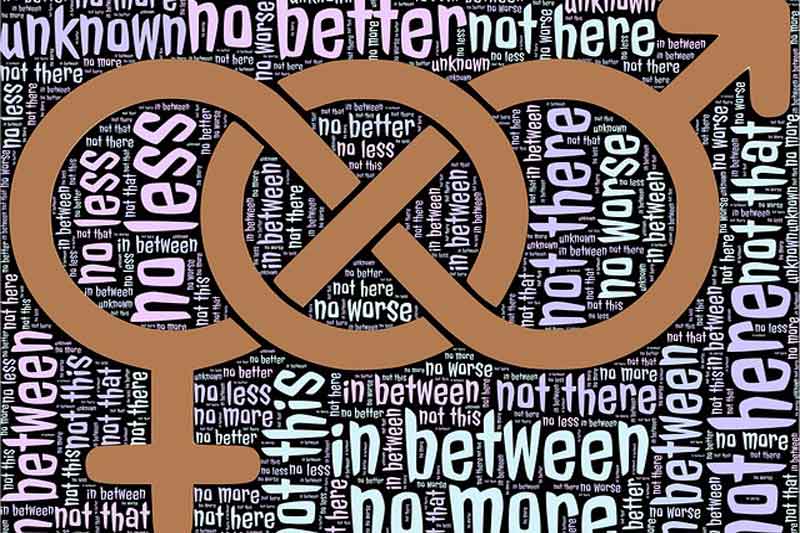Category: Family Law
Why Family Courts Have Plenty to Say About Drug Use

It might surprise some of you reading this to know too many of the people who go through drug rehab, including when that takes place in a residential facility, are much-loved family members, many of whom are fathers or mothers of young children. This points us to the fact that drug addiction makes no distinction of who is afflicts, so it can impact anyone regardless of age, gender, income bracket, or the family they belong to.
Whilst drug rehab should be seen as a positive step in someone moving towards freeing themselves of drug addiction, it can also form part of a situation directed by decisions taken under family law. Bear in mind that many cases before the Family Court are either complicated by or initiated due to someone being addicted to drugs.
Drug laws, which come under the umbrella of criminal law and family law, are two distinct legal areas, so lawyers specialise in each. Nevertheless, there will be instances where their paths cross, especially when children in a family are affected. Therefore, we will take a brief look at how the Family Court will make rulings when drug use and drug addiction are a factor.
Read FullWhat Does Presumption Of Parentage Mean In Family Law?

Many of the key matters of the cases that come before the Family Court relate to children and by extension the parents of those children. In the majority of these cases there is no ambiguity as to who the parents of those children are, however, many family lawyers are involved in cases where the parentage of a child is disputed.
By disputed, it can either be the case that someone who the mother claims is the father and therefore has responsibilities to the child including financial ones, disputes her claim. In effect, they are saying that they are not the father, and thus any parental or financial responsibilities for the child are not his.
Conversely, it could be that someone who believes they are the father of a child and wishes to have contact with them has their claim disputed by the child’s mother, who states that someone else is the child’s father.
Read FullAt What Age Can A Child Decide Who To Live With In Australia?

The separation of parents of caregivers can happen for a number of reasons.
In many cases, compounding issues arise which can result in the breakdown of a marriage or relationship, leaving parents separated and children stuck in the lurch.
Read FullParenting Plans – How to Negotiate and How to Draft

Creating an effective parenting plan in a divorce takes forethought and a solid understanding of family law to know what make up a good plan. Some preliminary thoughts to consider are:
- Choosing: Most courts uphold a biological parent’s right to raise their child as he/she sees fit. This isn’t an unlimited right since there are obviously life choices and lifestyles that could be harmful to a child, which is why #2 is so important.
- Interests of the Child: The overriding criteria most courts will use when examining a parenting plan are the “best interests of the child.” Different jurisdictions have their own standards, but there is amazing commonality among most courts:
- The mental and physical health of the child
- The mental and physical health of the parents
- Parents’ ability to adequately address the needs of the child.
- The thoughts, feelings and reasonable preferences of the child, based on their age and level of maturity.
- Stability in the home environment
- Siblings or other children whose custody and circumstances are relevant to the child.
- The child’s school and adjustment to their community
- Any history of abuse or domestic violence in the home
- Any history of drug abuse or alcohol abuse.
What Happens To My Super If I Get Divorced?

Divorces can get messy lawyers tell us especially if you’re getting separated because of a major falling out with your partner.
Unfortunately, there are a lot of things that you need to think about when it comes to divorces or separations, including the way in which your finances and assets are split.
Read FullTransgender Persons and the Law

A host of issues face transgender persons when trying to obtain fair access to the legal system. Some of the most important concerns are:
- Cost
- Inexperienced legal counsel due to lack of education or familiarity with transgender issues
- Distrust of those unfamiliar with transgender issues
- Attorneys who reject transgender cases
- Unfriendly or hostile court or law enforcement environments
- Unacceptable paperwork or administrative hurdles
- Some services may require the disclosure of the transgender status
How can attorneys make their offices a safe place for transgender persons. Here are a few ideas: Make sure your office is a non-discriminatory environment. Make sure to include gender identity and sexual orientation in your official non-discrimination policy. Be careful with pronouns and issues surrounding transition.
Make sure your restroom are non-gendered and available to your transgender clients but do not “require” that transgender persons use them. Have a policy that allows trans people to use the gendered bathroom of their choice and educate staff and about your restroom policies. Be accommodating but don’t make assumptions when providing directions or keys to restrooms.
Read FullWhy Do I Need A Will?

In short, yes – everyone who has any assets should have a will that outlines what will happen to these assets in the event of your passing away. Having a high quality will can help avoid family disputes, can help avoid losing your estate’s value to court costs and will help your friends and family deal with your passing.
Drafting a high quality, comprehensive will can be difficult if you have significant assets. Unless you have a comprehensive knowledge of Australian wills and the legal system, you should consider employing a family lawyer to help you draft your will to make sure that you don’t miss anything important.
Unfortunately, a lot of people don’t believe that they need a will. Even if you’re young and in good health, you could fall victim to an accident at any moment. Everyone needs a will, and here’s why:
- Having a will makes sure you’re assets are dealt with the way you wish
If you don’t have a will in place, people may fight over who is entitled to what assets and parts of your estate. However, a high quality will drafted with the assistance of a legal professional will make sure that your estate can be settled fast and efficiently.
- Your family won’t fight
If your will clearly states what you’ve left to who, there’s little room for argument. Since wills are legally binding documents, clearly specifying what you want to leave to who will reduce the risk of family breakdowns or fights over your assets.
Read Full